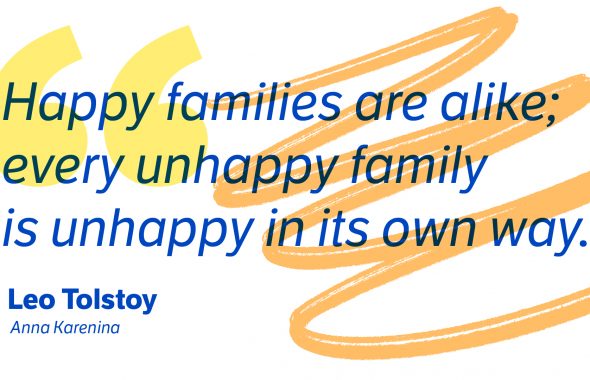Netspeak
Texting and other digital technologies are upending the way we write. Some say that netspeak—meaning writing that uses shortcuts, little or no punctuation, and plenty of emojis—is turning us into a nation of illiterates. But, is that really the case? Not quite! Read on to discover how netspeak is redefining the written English language.






















